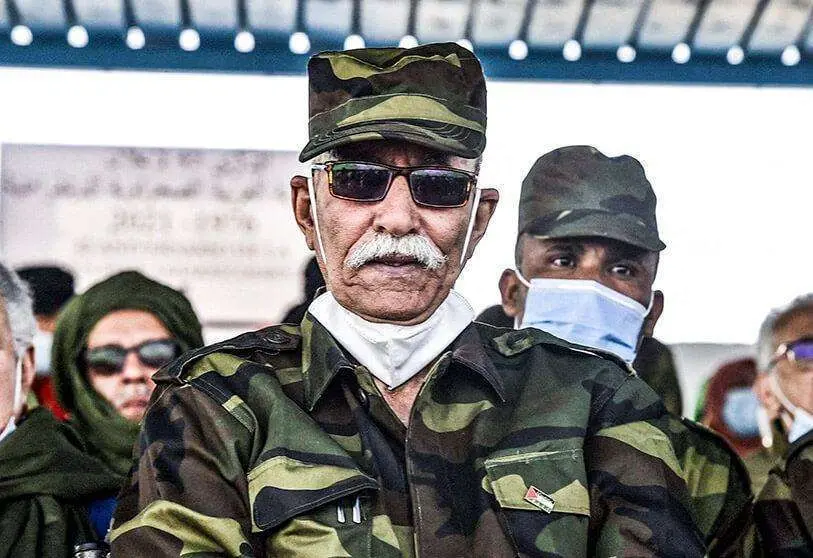El Frente Polisario rompe con el Gobierno de España

The Polisario Front further distances itself from the Spanish government after publishing a communiqué from its General Secretariat announcing the suspension of contacts with the Spanish government.
The decision follows the visit of Spanish Prime Minister Pedro Sánchez to Rabat and the normalisation of relations between Madrid and Rabat. King Mohamed VI's reception of Pedro Sanchez, marked by sincere cordiality and friendship staged at the Iftar ceremony, has pushed the Polisario Front to take this position, which dynamites the bridges and channels of communication.
The armed separatist organisation of Western Sahara has always been the main interlocutor with the Spanish government in matters of humanitarian and political cooperation. The Sahrawi Arab Democratic Republic, which is represented in the African Union assembly thanks to Algeria's support, has never had official or diplomatic contacts with Spain, which does not recognise it as a sovereign state, so the Polisario Front took on the role of interlocutor with Spain instead.
? El Frente POLISARIO anuncia la suspensión de sus contactos con el actual Gobierno de España. pic.twitter.com/FjoLXLjamB
— Frente POLISARIO (@Polisario_) April 9, 2022
"Following the declaration of support by the government of Pedro Sanchez for the Moroccan plan [...] The Polisario Front decides to suspend its contacts with the current government of Spain until it refrains from instrumentalising the Saharawi cause", reads the communiqué published on Saturday 9, from Bir Lehlu.
If the Polisario Front distances itself from the coalition government led by Pedro Sánchez, it has been observed that during the week, the organisation's delegates have been in close contact with some members of Congress. In the same statement, the Polisario Front made mention of these contacts, thanking "the democratic forces of the Spanish Congress of Deputies [...] for urging the central government so strongly on the need to return to the path of international legality in Western Sahara, and to demand respect for the right to self-determination of the Saharawi people".
The Spanish government does not have the support of the Congress of Deputies in its new diplomatic stance. The opposition forces, mainly the separatists (Republican Parliamentary Group and Euskal Herria Bildu Parliamentary Group), have been particularly close to the head of the Polisario delegation in Spain, Abdulah Arabi. The same delegation was present at the Popular Party congress in Seville the previous week.

In Congress, the opposition to the government pushed for a vote condemning Spain's change of position, which passed, with only the Socialist Party voting against. Despite the success of the proposal, it does not constitute a danger to the intentions of sincere reconciliation between Spain and Morocco, since, despite being binding, it is a non-legislative proposal, which asks to follow the path set out by the United Nations for the resolution of the Western Sahara conflict.
The position of the Spanish government and Morocco has not been rejected or undervalued by the UN special mission, nor by its high representative for the Sahara, Staffan de Mistura. The language of the UN is even the language used by Pedro Sánchez in his letter to King Mohammed VI, referring to the Moroccan autonomy plan for the Sahara as the "most serious, realistic and credible" proposal, in line with Staffan de Mistura's mission.
Pedro Sánchez's letter of 14 March marked the beginning of the new stage of cooperation and normalisation of relations between Spain and Morocco. King Mohammed VI welcomed it and invited Sánchez's government to visit Rabat, after which work has been done on a 16-point road map, including the establishment of a customs office in Ceuta and Melilla and the reopening of maritime traffic for passengers between Spain and Morocco, which will allow Operation Crossing the Strait to be carried out.








